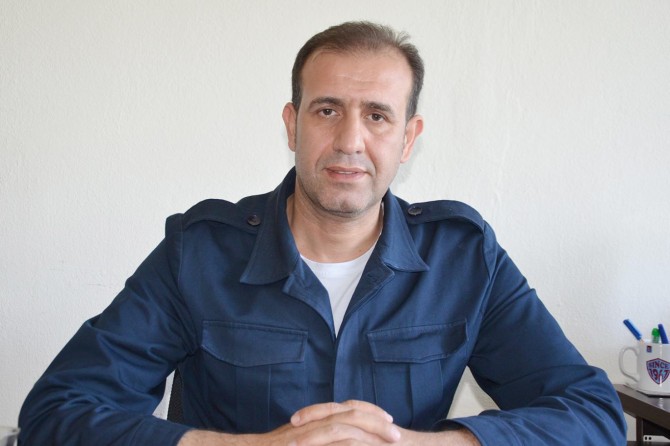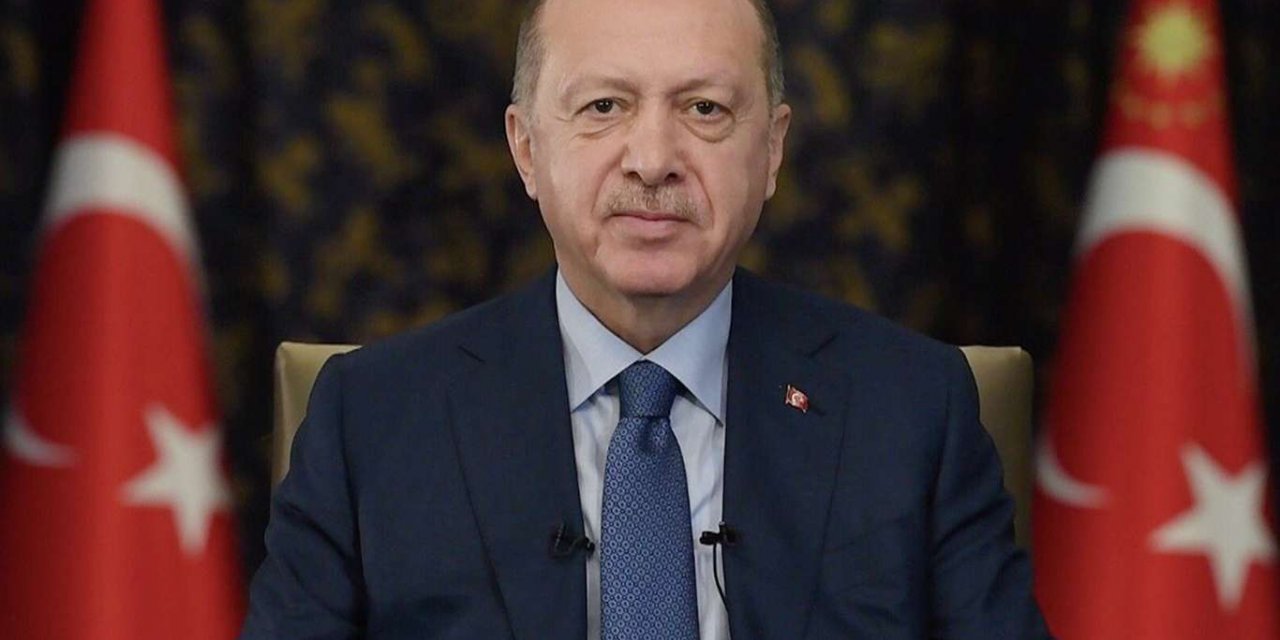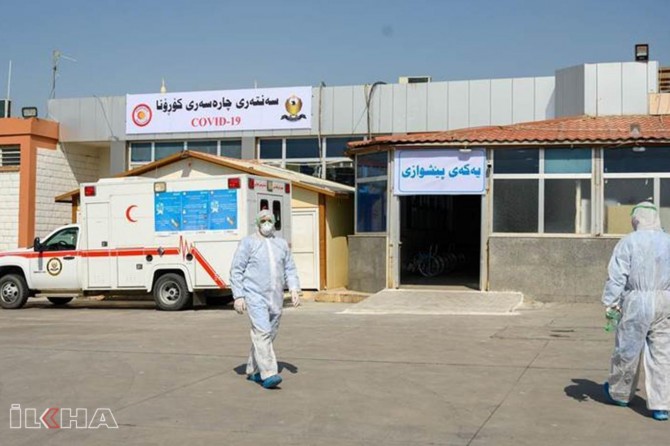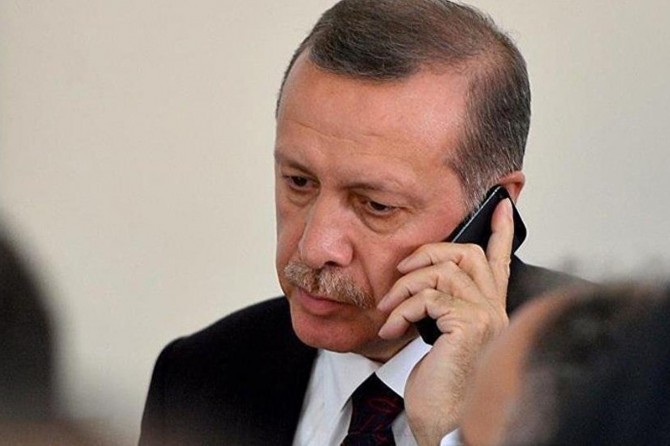
Nationalism ideology has had its most negative effects on the Kurds
Assessing that the Kurdish issue is a political issue that mainly involves ethnic demands, Assoc. Prof. Dr. Vahap Coşkun emphasized that the ideology of nationalism had its most negative effects on the Kurds.
Speaking to ILKHA's correspondent, Prof. Dr. Vahap Coşkun, Academic at Law Faculty of Dicle University, narrated the Kurdish issue from past to today, which came on agenda again with the call of HUDA PAR President Zekeriya Yapıcıoğlu.
Indicating that one of the two parameters of Turkiye's ideology is secularism and the other is nationalism, Coşkun said the secularism applied as an aggressive policy aimed at removal of religious representation and religious visibility from the public area.
"Nationalism was the standardization of Ottoman's multi-cultural structure to the application of the ideology of the establishment of a state, based on a single ethnic nation. No doubt, this nationalism ideology has made its most negative effects on the Kurds. Because the Kurds made a life maintenance with ethnic identity and cultural identity within the state structure during the Ottoman period. Then the Republic of Turkiye abolished it. It started establishing a state structure based on the Turkish ethnic identity. This caused the removal of any Kurdish origins in the public area," said Coşkun.
"With the Treaty of Lausanne, they have closed doors to other identities"
Coşkun expressed that after 1923, only Turkism politics was carried out, he said:
"When you look in terms of the Liberation War, the country's founding father of the republic promised a pluralistic society structure that recognizes all ethnic identities. However, within the end of the war and Treaty of Lausanne in 1923, after accepting the sovereign rights of the Republic of Turkiye, they have completely given up from this politics, they have closed doors to other identities, they have only carried out a politics based on Turkism and this has caused various reactions in the Kurds. These reactions sometimes expressed themselves through democratic politics within the system and sometimes through the violence. At the result of this, the state carried out the denial, assimilation and criticism politics. This politics has led to a serious deepening of the Kurdish issue," he said.
Pointing out that the solution process ended with two important reasons, Coşkun said, "One of them is related to foreign policy and the other is related to domestic politics. The developments and changes in Syria related to foreign policy broke the balances in Syria. In internal politics, there were concerns and mistakes arising from the solution process." Coşkun emphasized that one of the most important reasons for this was the lack of a common agreement between the parties on the outcome of the process that both sides were calling for peace and solution. Underlining that the state was waiting for the PKK to lay down its arms when it said peace, while the PKK was considering a model of accepting and consolidating its own hegemony when it said peace and solution.
Coşkun emphasized that he welcomes the political parties are interested in Kurdish issue and making calls and that other political actors should also express their views on this issue. (ILKHA)










Türkçe karakter kullanılmayan ve büyük harflerle yazılmış yorumlar onaylanmamaktadır.